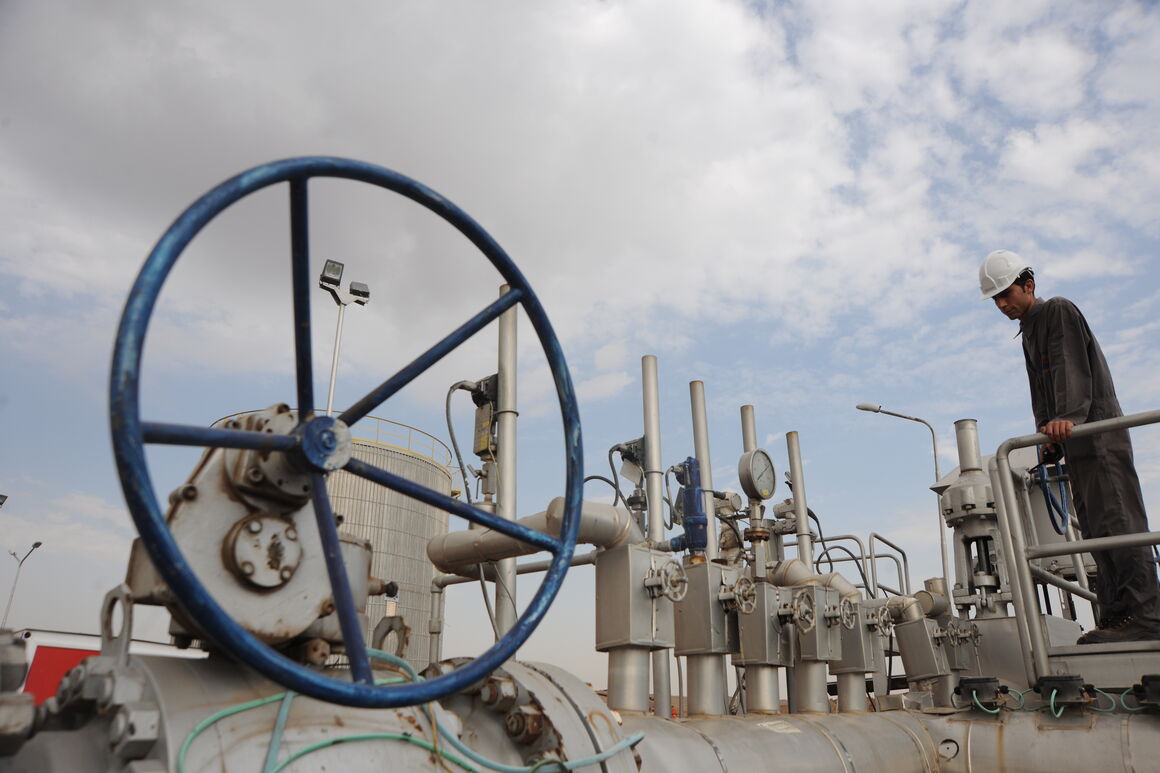Iraq is stepping up its regional energy strategy through new agreements and projects aimed at bolstering oil and gas exports and expanding domestic power generation.
The State Oil Marketing Organization (SOMO) unveiled talks to build a pipeline linking Basra to Oman, aiming to broaden export channels, boost capacity, and reinforce Iraq’s output growth.
SOMO highlighted Muscat’s strategic role in marketing Iraq’s crude through signing memoranda of understanding (MoUs). Ali Nizar Al-Shatri, SOMO’s general manager, added that a commercial integration MoU has been signed between SOMO and Oman’s OQ Trading, formally known as Oman Oil Company.
Meanwhile, Iraq’s Ministry of Electricity finalized discussions with Turkmenistan to import 500 million standard cubic feet (mscf) of natural gas via floating platforms, strengthening Iraq’s fuel supply for power generation. Mohammed Nema, undersecretary at the Ministry for Production Affairs, noted that the country targets imports of 15- 20 million cubic meters per day (mmcm/d).
Nema noted that the country targets to import 15 to 20 million cubic meters per day (mmcm/d).
In parallel, Iraq’s Ministry of Oil revealed that production of associated gas from the West Qurna Field has reached 220 million standard cubic feet per day (mscf/d), with planned expansion expected to deliver an additional 250 megawatts of electricity by 2027.
Overall, Iraq is intensifying efforts to develop its oil and gas industry through new export infrastructure, increased gas production, and international partnerships aimed at diversifying revenues and strengthening energy security.
